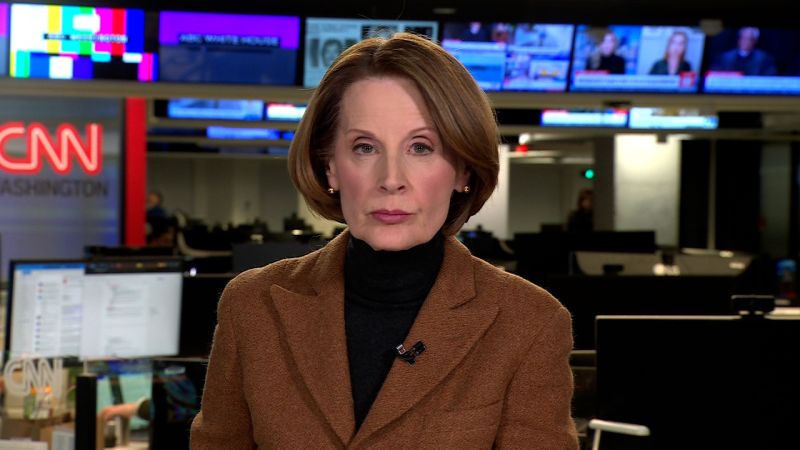Supreme Court's Trump Immunity Dilemma: Justices Grapple with Unprecedented Presidential Power Challenge

In a significant legal setback for former President Donald Trump, the Supreme Court has blocked his attempt to immediately remove Hampton Dellinger from his leadership role at an independent agency responsible for investigating whistleblower complaints. According to CNN's Chief Supreme Court analyst Joan Biskupic, the ruling ensures Dellinger will remain in his position at least through the upcoming week.
The court's decision represents a crucial moment in the ongoing legal and administrative tensions surrounding executive power and independent agency leadership. By preventing Trump's immediate dismissal plan, the Supreme Court has effectively maintained the current leadership structure and protected the agency's investigative independence.
This development underscores the complex dynamics between presidential authority and the checks and balances built into the American governmental system. The ruling highlights the Supreme Court's role in mediating disputes over executive actions and preserving the integrity of independent regulatory bodies.

